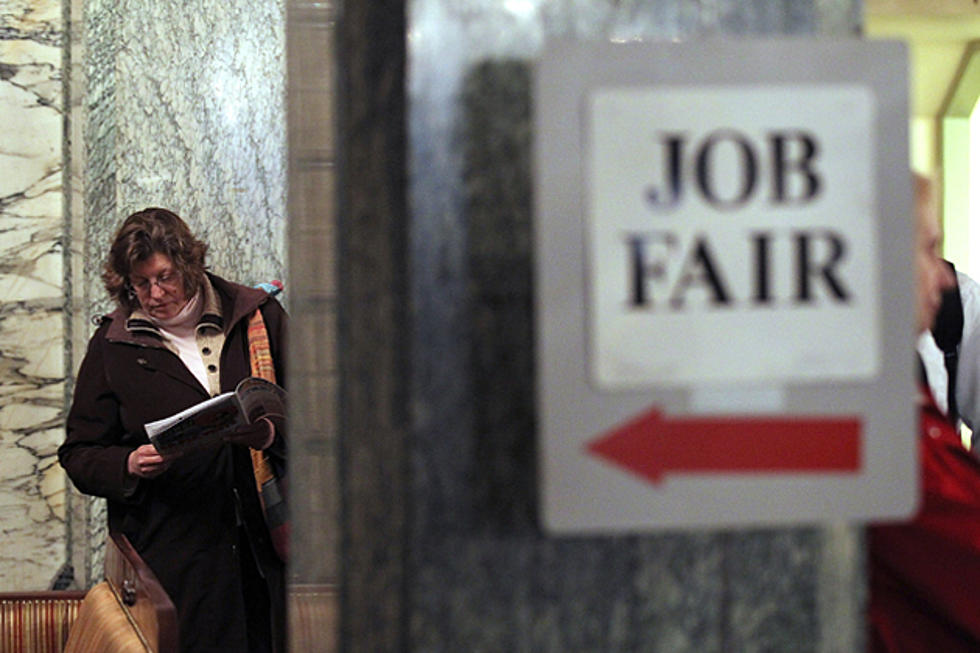![Affordable Housing Is a Nightmare for Wyoming & National Minimum Wage Earners [POLL]](http://townsquare.media/site/103/files/2016/01/Housing-USA.png?w=630&h=420&zc=1&s=0&a=t&q=89&w=980&q=75)
Affordable Housing Is a Nightmare for Wyoming & National Minimum Wage Earners [POLL]
There have been cries for a minimum wage increase all across the country for the past few years.
Those same cries have irritated many across the United States. A new study shows that maybe the issue should be looked at more closely.
There is not a single state in the U.S. where a minimum wage employee working full-time can reasonably afford a one-bedroom apartment at the fair market rent. While 29 states, plus the District of Columbia, have taken steps to raise the minimum wage above the federal rate of $7.25 per hour, affordable housing remains out of reach for the country's low-income workers.
RELATED: The 3 Biggest Myths About Raising the Minimum Wage
A report from the National Low Income Housing Coalition reveals exactly how bad the problem has gotten over the past five years. At $7.25 per hour, a person would have to work 86 hours each week (more than double the standard full-time work week) in order to afford a one-bedroom apartment at the 2015 Fair Market Rent of $806.
For the purposes of this report, "affordability" is defined according to the federal standard, which maintains that a housing unit is affordable if rent and utilities cost 30 percent or less of a household's gross income.
What if the earner needed more than just a one bedroom apartment or other living quarters?
At full-time, a minimum wage worker would have to make at least $15.50 per hour to
afford a one-bedroom apartment at the fair market rent. They would have to make $19.35 per hour to afford a two-bedroom unit. This is a stunning statistic if you think about the fact that even the most ardent advocates for a national minimum wage increase have called for a $15 federal minimum wage.
It's even more stunning, however, when you consider that even the highest state-level minimum wage rates are significantly lower than what it takes to afford basic housing in the U.S. (In Washington, the state minimum wage is $9.47 per hour).
The affordable housing crisis is a multifaceted ordeal. Demand for affordable housing is on the rise, but so is the cost of housing units in metropolitan areas across the country. Yet wage growth is stagnant and low-income jobs are limited, according to data from the HUD, the U.S. Census Bureau, the Bureau of Labor Statistics, and the Department of Labor.
RELATED: Does Raising the Minimum Wage Kill Jobs?
"Alongside the proposal to increase the minimum wage, it is necessary to expand the supply of housing affordable to minimum-wage and low-wage workers," the National Low Income Housing Coalition reported. "If the need for housing is not addressed, minimum-wage and low-wage workers will continue to compete for an increasingly limited supply of homes."
The map shows the number of hours minimum wage earners from around the country have to earn for affordable housing.


![Casper Supports a Minimum Wage Increase [POLL RESULTS]](http://townsquare.media/site/103/files/2016/01/RS11840_175676753-scr.jpg?w=980&q=75)

